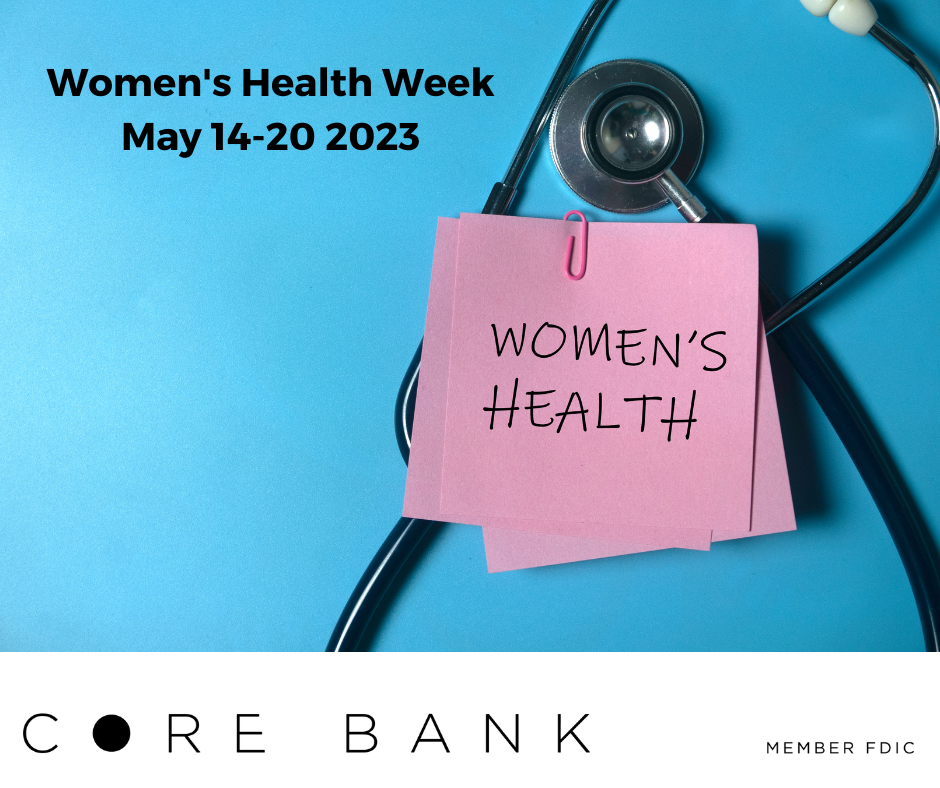
Patient Financing & Access to Affordable Healthcare
National Women’s Health Week, established in 1991, is an annual observance that aims to encourage women to prioritize their health and well-being. This also sheds light on how access to affordable healthcare is a fundamental aspect of ensuring the well-being and empowerment of women. Unfortunately, financial barriers can hinder women’s ability to obtain the necessary medical care they need. In recent years, patient financing options have emerged as a potential solution to address this issue.
Breaking Financial Barriers:
Patient financing can play a crucial role in breaking down financial barriers that prevent women from accessing healthcare services. High deductibles, co-pays, and out-of-pocket expenses can deter women from seeking necessary medical treatments. By offering flexible payment plans and low-interest loans, patient financing allows women to manage their healthcare expenses more effectively, ensuring they receive the care they need without incurring overwhelming financial burdens.
Improved Access to Preventive Care:
Regular preventive care is vital for maintaining women’s health and preventing potential issues from escalating into more serious conditions, however, many women may delay or skip preventive screenings and check-ups due to financial constraints. Patient financing can enable women to afford routine examinations, mammograms, pap smears, and other preventive measures. By removing the financial barrier. Patient financing helps women prioritize their health and facilitates early detection and timely intervention.
Addressing Reproductive Health Needs:
Women’s reproductive health encompasses various aspects, including family planning, prenatal care, and reproductive treatments. However, the cost of reproductive health services can be significant, especially for procedures like in-vitro fertilization (IVF) or fertility preservation. Patient financing options specifically tailored to reproductive health empower women to pursue the necessary treatments, supporting their reproductive choices and family-building aspirations.
Mental Health Support:
Women’s health extends beyond physical well-being and includes mental health considerations. Unfortunately, mental healthcare can be expensive and not always covered by insurance plans. Patient financing can bridge this gap by making mental health services more accessible and affordable. Women can seek therapy, counseling, or psychiatric care without worrying about the financial burden, thereby promoting holistic well-being.
Ethical Considerations and Challenges:
While patient financing holds the potential to improve women’s access to healthcare, it is crucial to address potential ethical concerns and challenges. Some financing options may have high-interest rates, resulting in long-term financial strain for patients. It is important to ensure that patient financing options are transparent, affordable, and designed with the patient’s best interests in mind. Additionally, careful consideration should be given to prevent discriminatory practices that could disproportionately impact marginalized communities.
Patient financing has the potential to positively impact women’s health and access to healthcare by breaking down financial barriers, improving access to preventive care, addressing reproductive health needs, and supporting mental health services. By developing affordable patient financing options, healthcare providers can empower women to prioritize their well-being and receive the medical care they deserve. Ultimately, ensuring access to healthcare for women benefits not only individuals but also society as a whole.
Core Bank offers patient financing for both women and men. Look for a blog about National Men’s Health Week in June.

Markie Lowry, CMPE
Assistant Vice President, Core Bank Healthcare Relationship Manager